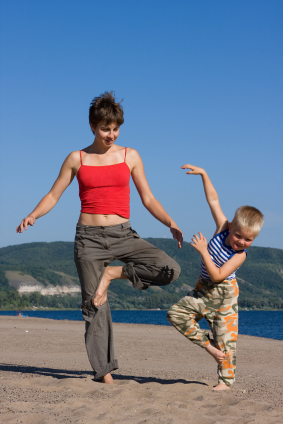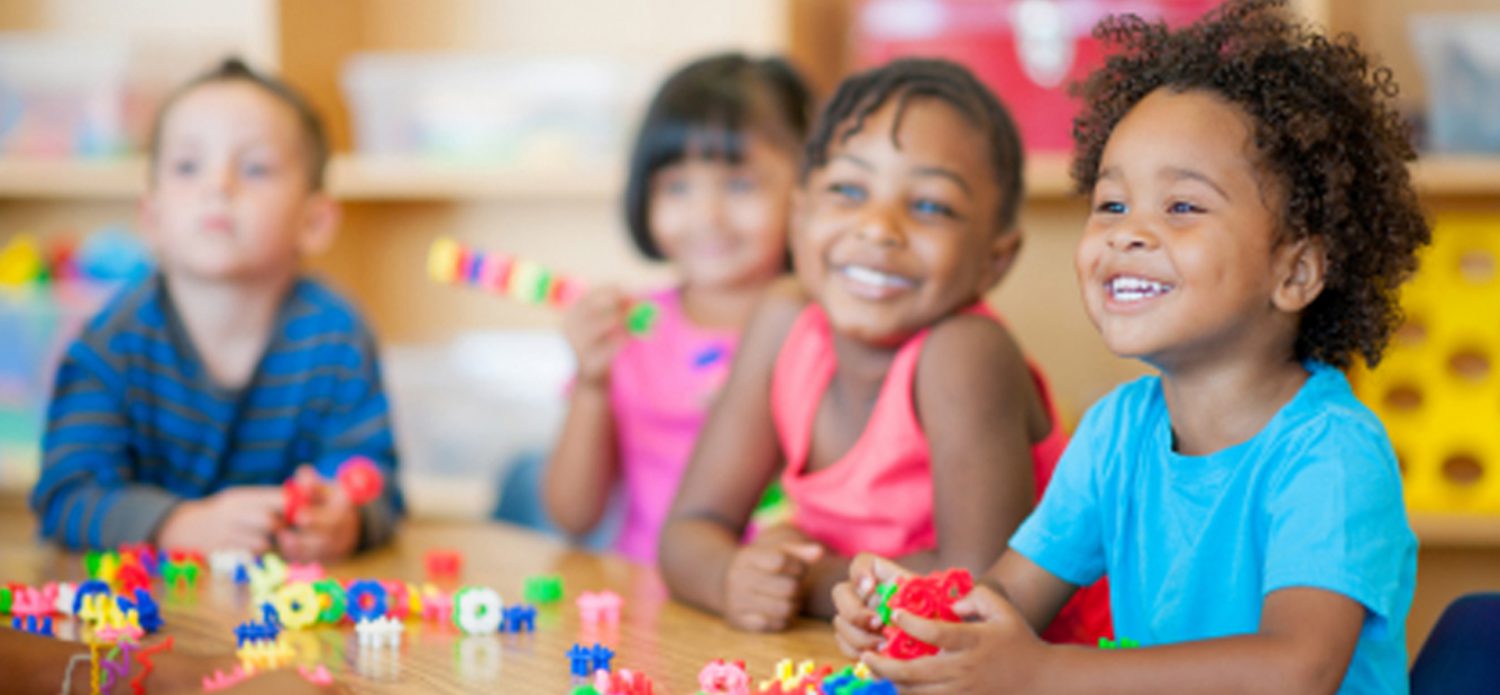Inspired by an activity in Multiple Intelligences in the Elementary Classroom: A Teachers Toolkit by Susan Baum, Julie Viens and Barbara Slatin. Take a square box (or die) and put 4 of your child’s FAVORITE multiple intelligences on the sides
Let’s Go!
Adapted with permission from Chicago Park District’s “Once Upon a Day Camp” Guide Find a large, open space and have your child start walking around the room or space. Then, say “Let’s go to [A PLACE]!” (The place can be
Shape Poetry
A shape poem is one that describes an object and is written in the shape of the object. To get your child’s creative juices flowing, you can look at examples of shape poetry here. Next, have your child pick an object
Cultural Care Package
I don’t know how it is in your house, but at our house, getting something in the snail mail box is always a thrill for my kids. I must admit, I was the same way when I was young. I
Summer Reading Recommendations for the “Self Smart” Child
All ages Have You Filled a Bucket Today: A Guide to Daily Happiness for Kids. By Carol McCloud.Through simple prose and vivid illustrations, this book encourages positive behavior as children see how rewarding it is to express daily kindness, appreciation,
Remember Which State is Which? Naturally!
Build on your child’s blossoming naturistic and visual intelligence to connect state nature and name. Print out (or purchase) a good sized map of the United States, then decide which of the following to “map” on top of each state:
Be Playful
Have your child become a playwright. Take his/her natural gift for language and storytelling and apply it to playwriting. Creating dialogue, imagining character motivations and developing story arcs will help your child strengthen interpersonal smarts in a way that’s comfortable for
99 Days of Summer Learning – Have You Signed Up Yet?

Have you heard that 2/3 of the 9th grade achievement gap is due to Summer Slide? This Summer, we’re helping parents make sure their kids’ mind muscles stay strong and active by emailing a learning activity every day between Memorial
Family Activity Friday – World Music!
This weekend, listen to some music from other parts of the world with your family. What different instruments are used? How about harmonies, chords, dynamics or rhythms? Do these differences in the country’s music give you any clues with respect
Summer Reading Recommendations for the “Music Smart” Child
All ages: Story of the Orchestra : Listen While You Learn About the Instruments, the Music and the Composers Who Wrote the Music! By Robert Levine. The book is divided into two major parts: composers and their associated musical periods,

